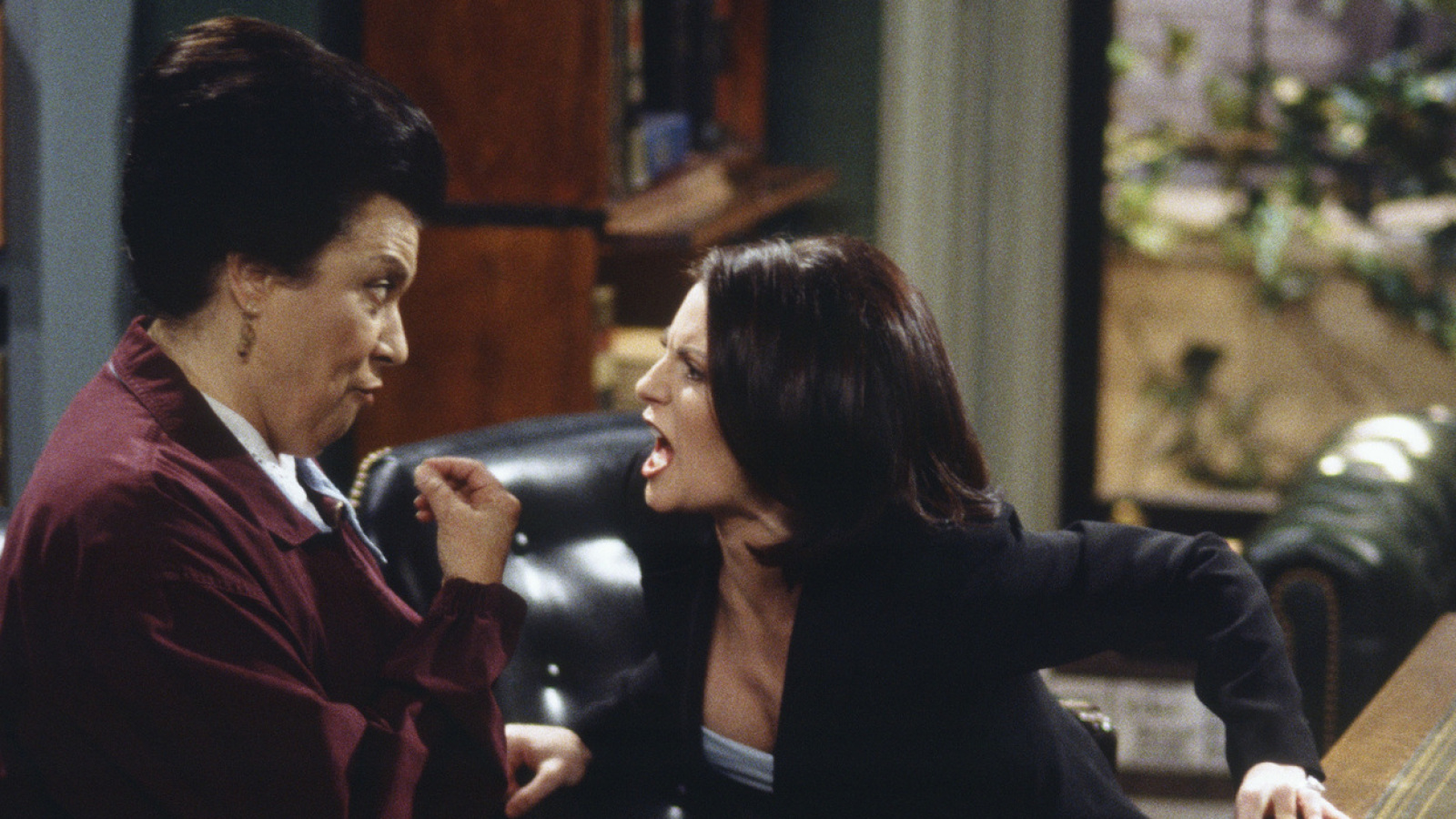The 20 Top Television Housekeepers


Housekeepers have long held a significant, albeit multifaceted, role within the landscape of television, particularly in the realms of sitcoms and period dramas. These characters often serve as a reflection of the vital domestic labor that has historically sustained American—and, occasionally, British—households. More than mere figures of servitude, TV housekeepers are frequently depicted as strong, independent individuals striving to carve out their own identities while simultaneously nurturing the families they serve.
Historically, the portrayal of housekeepers in television has evolved, shedding light on their contributions to household dynamics and societal structures. In many classic sitcoms, such as “The Jeffersons” and “The Nanny,” the housekeeper plays a pivotal role not only in maintaining the household but also in providing moral guidance and emotional support to the family members. These narratives highlight the complex relationships that can exist between employers and employees, often punctuating the humanity of the housekeeper and underlining their integral role within the household.
Moreover, period dramas frequently place housekeepers in historical contexts that underscore the changes in social roles and class structures over time. For instance, shows like “Downton Abbey” illustrate the hierarchical nature of early 20th-century British society while simultaneously humanizing characters like Mrs. Hughes, the head housekeeper. Such portrayals invite audiences to contemplate the historical significance of domestic work and its portrayal in popular culture.
The enduring popularity of housekeeper characters can also be attributed to their dual role as both caretakers and aspirants. Many viewers resonate with the narrative arcs that depict housekeepers striving for personal fulfillment amid their duties. Whether it’s through career advancement, education, or personal relationships, these characters often embody the challenges and triumphs faced by individuals navigating their paths in life.
As society continues to evolve and engage in discussions about labor equity and representation, the depiction of housekeepers on television will likely reflect these changes. By showcasing these characters as hardworking, multifaceted individuals, television can contribute to a broader understanding of the significance of domestic labor and the personal stories that lie behind it.
In summary, the role of housekeepers in television is both complex and culturally significant. They remind viewers of the indispensable nature of domestic work while capturing the audience’s affection through their compelling narratives of resilience and ambition. As the industry progresses, these characters can serve as an important lens through which to explore contemporary issues surrounding labor, class, and identity.





